AI vs Dental Intelligence: How Smart Dentists Use AI’s Strengths
Artificial intelligence is having its moment in every industry and every conversation. It’s dominating the public conversation in a way that’s sort of exciting, sort of unsettling, and distinctly science fiction-y. It seems AI is doing everything from writing essays to reading X-rays, so it’s understandably easy to get caught up in the question that’s at the forefront of many discussions:
“Is AI going to replace humans?”
For dentists, that question hits close to home. You’ve built your practice on trust, empathy, and real relationships. And probably caffeine. Those are things that no machine could possibly replicate, dangit! Still, you’ve probably seen AI creeping into dentistry through digital marketing, scheduling systems, diagnostic software, or new practice management tools.
So let’s reframe the question. Instead of AI vs. humans, what if the real opportunity lies in a new equation? AI + humans!
We know, it’s an incredibly clever idea. Like every new technology, AI is at its best when it’s a tool in your arsenal, allowing you to amplify your intelligence, boost your productivity, and free up your staff to serve patients better than before. Everything else is just so much detritus in the sea of Sora 2 videos featuring dogs spraying elderly women with firehose breath.
Table of Contents
- Humans Learn Context, AI Learns Data
- Where AI Excels: Speed, Accuracy, and Scale
- Where Humans Excel: Empathy, Creativity, and Connection
- Adaptability in Dentistry Is the Real Competitive Advantage
- How AI Is Already Transforming Dental Marketing
- Annie AI, the 24/7 Dental Receptionist
- The Future of Dentistry Is the Collaboration, Not Competition
- FAQ
How Learning Happens: Humans Learn Context, AI Learns Data
Humans learn through experience. We remember what works (and what doesn’t) because we’ve lived it. A hygienist doesn’t need to run thousands of simulations to know a patient is anxious; they can tell by tone and body language. Likewise, I don’t need to calculate possible outcomes to know that my boss doesn’t like it when I post articles ranking the sexiest dentists on TV. I know through valuable experience that never stops me because I have free will (also unlike AI, so ha).
AI learns differently. It absorbs massive amounts of data — millions of patient messages, marketing metrics, or search behaviors — and finds patterns that the human brain could never process on its own.
In dentistry, both types of learning matter.
- Human intelligence brings empathy, context, and intuition. This is the learning that tells you when a patient needs reassurance before treatment or when your boss is exasperated but charmed vs. actually kind of pissed.
- Artificial intelligence brings speed and scope. That’s the ability to analyze thousands of data points about patient engagement, SEO trends, or campaign performance in seconds.
When used together, AI helps dentists learn faster and make better decisions about marketing, scheduling, and patient communication. It’s the ultimate combination of insight and instinct.
Where AI Excels: Speed, Accuracy, and Scale
AI is unbeatable when it comes to data-driven, repetitive, or high-volume tasks. AKA, tedious busywork. That’s why dental practices are starting to use it in smart, practical ways that save time and improve consistency.
Here’s where AI shines in dental marketing and operations:
- Marketing analytics: AI tools can scan your Google Ads performance, website traffic, and social media engagement to show what’s working and what’s not, almost instantly.
- Content creation: AI can help draft captions, ad copy, or even blog outlines that your team can polish for tone and personality.
- Automation: From scheduling social posts to sending appointment reminders, AI ensures things happen on time and it doesn’t forget if it skips its morning caffeine. (Because robots don’t drink coffee. You can quote me on that.)
- Website personalization: Smart chatbots and AI-driven popups can greet visitors, answer questions, and direct them toward booking an appointment.
AI is an ultra-efficient assistant. It never tires, never forgets, and never misses a beat. Which sort of sounds like a horror movie but let’s ignore that for now.
But — and it’s a big “but” — speed doesn’t equal strategy. AI can tell you what people are doing online, but only you can understand why they’re doing it. That’s where human intelligence takes over. Only a human mind can truly comprehend why it’s so enjoyable to watch Bob Ross painting the 100 men vs 1 gorilla challenge.
Where Humans Excel: Empathy, Creativity, and Connection
AI can mimic tone, but it can’t feel emotion. It can analyze data, but it can’t interpret fear or joy. It can describe an image, but it can’t feel love. It’s kind of sad, actually. There’s a movie concept here.
Dentistry, at its heart, is about human connection. It’s about helping people smile again, not just literally, but emotionally. That’s something no algorithm will ever experience, because they can’t become overly invested in a Hallmark Christmas movie about a big-city lawyer who learns what’s really important when she returns home for the holidays and meets a hot lumberjack named Ted who just wants to rescue paraplegic cats or something.
Here’s what humans bring that AI can’t:
- Empathy: Understanding patient anxiety, building trust, and making every visit feel personal.
- Creativity: Crafting stories, campaigns, and community engagement that reflect your unique practice culture.
- Adaptability: Adjusting in real time when a patient’s needs, mood, or circumstances change.
AI can automate your processes, but it’s your people who humanize your practice.
Adaptability in Dentistry Is the Real Competitive Advantage
Human intelligence is general-purpose. The same brain that plans a crown prep can also comfort a crying child, manage a budget, or troubleshoot a software update.
AI, by contrast, is narrow. A chatbot that’s great at scheduling can’t interpret an X-ray or adjust your Facebook strategy. It’s brilliant at one task, but only within the boundaries of its data. That’s why adaptability is your superpower.
The practices that thrive in this new AI-driven landscape won’t necessarily be the ones with the most technology, but the ones that know how to use it strategically.
Learning to delegate the right things to AI (and knowing when to step in with a human touch) is the modern dental team’s secret weapon.
How AI Is Already Transforming Dental Marketing
AI isn’t just theoretical anymore. It’s already reshaping how smart dental practices attract, engage with, and retain patients.
Here are a few real-world examples:
- Patient reactivation: AI systems can automatically identify patients overdue for cleanings and reach out via text or call to get them rescheduled.
- Smart local SEO: AI-driven marketing platforms can monitor your Google rankings, reviews, and competitor trends in real time, then adjust your keyword strategy automatically.
- Predictive scheduling: AI tools can forecast cancellation patterns and suggest ideal times for follow-up or recall calls.
- Social content creation: Generative AI helps marketing teams brainstorm ideas, design graphics, and write posts, which humans then refine for authenticity.
- Website chatbots: AI chat systems answer patient questions instantly, even after hours, improving conversion rates and online reputation.
Each of these applications shares a common thread: AI handles the tasks, while people handle the trust.
Annie AI, the 24/7 Dental Receptionist
One of the most exciting new examples of AI in dentistry is Annie AI, a dental AI receptionist and recare agent that we really should rename to “Your Front Desk’s Best Friend.”
Annie AI answers calls, manages webchat, and reaches out to patients without upcoming appointments while syncing directly with your practice management system. She’s fluent in English and Spanish, is HIPAA-compliant, and available around the clock. In other words, she’s the front desk’s best ally, not its replacement.
By handling repetitive scheduling and follow-up tasks, Annie frees up your team to focus on what really matters: patient relationships and office gossip.
When your staff isn’t buried in voicemails or data entry, they can greet patients warmly, handle complex questions, and strengthen the personal connections that drive loyalty and referrals.
That’s collaboration in action! AI doing the busywork, humans doing the heart work.
The Future of Dentistry Is Collaboration, Not Competition
Dentistry has always been about people. Well, and the teeth in people’s mouths. But still, the people part is really important, and AI just gives you better tools.
The next stage of growth in dental practices won’t come from technology alone! It all comes down to how dentists use technology to enhance the human experience. Let AI handle the speed, precision, and consistency. Let your team focus on empathy, creativity, and care.
Together, they create a practice that’s more efficient, more responsive, and ultimately, more human.
Frequently Asked Questions
How can dentists use AI in their dental practice?
Dentists can use AI to automate repetitive tasks, improve marketing efficiency, and enhance the patient experience. Common examples include AI-powered receptionists that handle calls and webchat, software that identifies patients due for recall, and marketing tools that optimize social media and Google Ads performance. AI helps practices save time, fill schedules, and maintain consistent communication without replacing the human touch that builds patient trust.
What are the benefits of using AI in dental marketing?
AI helps dental practices market smarter by analyzing data faster and more accurately than humans. It can identify which ads or posts generate the most engagement, suggest better keywords for local SEO, and even personalize website experiences for visitors. With AI handling data-driven tasks, your team can focus on creativity, patient connection, and strategic growth… the parts of marketing that only humans can do.
Will AI replace dental front desk staff?
No. AI isn’t designed to replace your front desk, it’s designed to support it. Tools like Annie AI, for example, provide 24/7 coverage for phone calls, recare outreach, and online chat. This ensures no patient falls through the cracks while freeing your team to focus on in-person interactions, patient care, and treatment coordination. The goal of AI in dentistry is collaboration, not competition.
Is AI safe and HIPAA-compliant for dental practices?
Yes, when implemented properly. Reputable AI systems designed for healthcare and dentistry follow strict HIPAA-compliance standards to protect patient data. Solutions like Annie AI use secure, encrypted connections with your practice management system, ensuring sensitive information is handled safely. Always verify that any AI vendor provides clear documentation of their security protocols and compliance certifications.
About the Author: Megan Nielsen is an SEO strategist and the Grand Overlord of copywriting at My Social Practice. My Social Practice is a dental marketing company that offers a full suite of dental marketing services to thousands of dental practices throughout the United States and Canada.
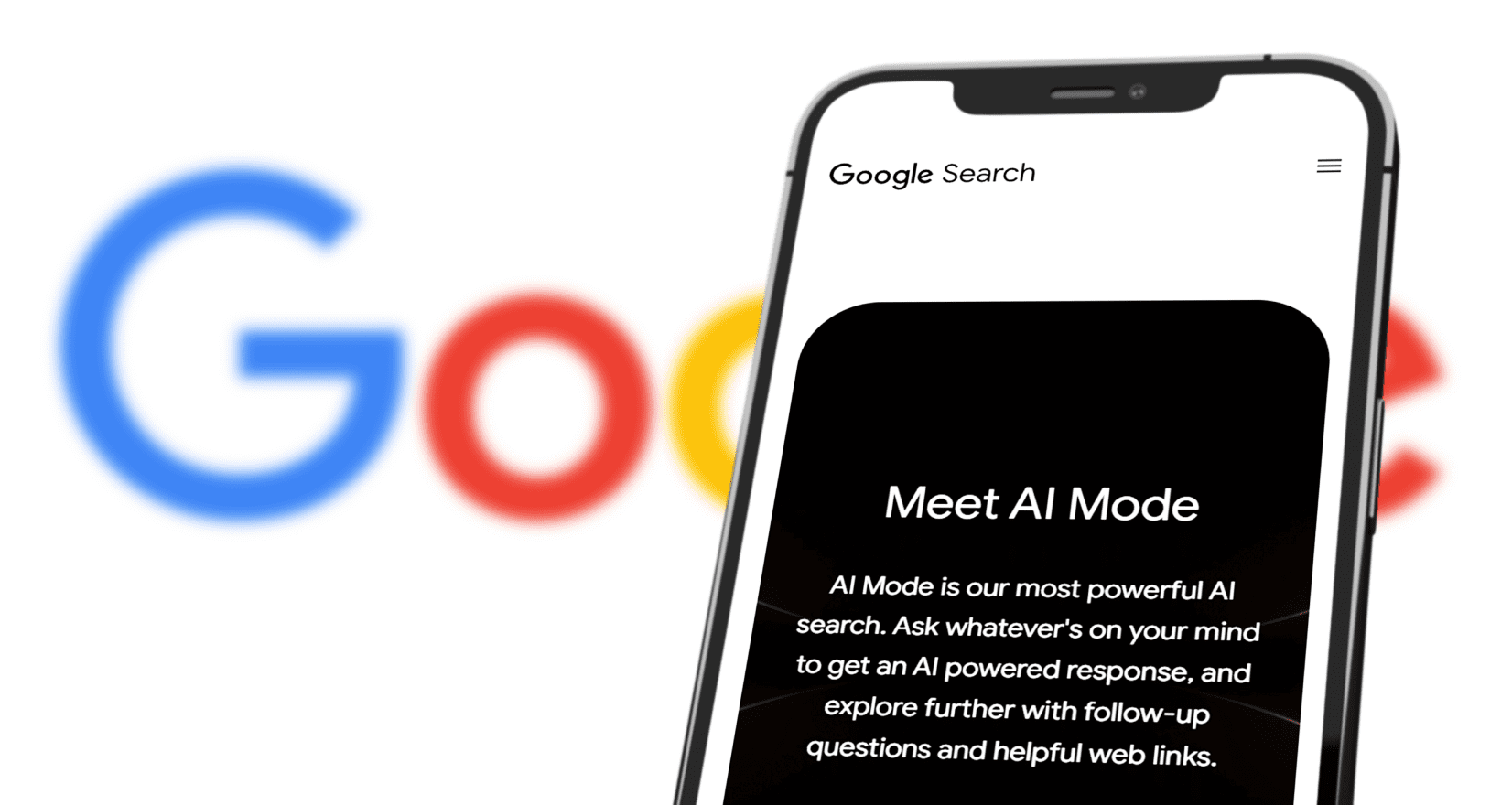
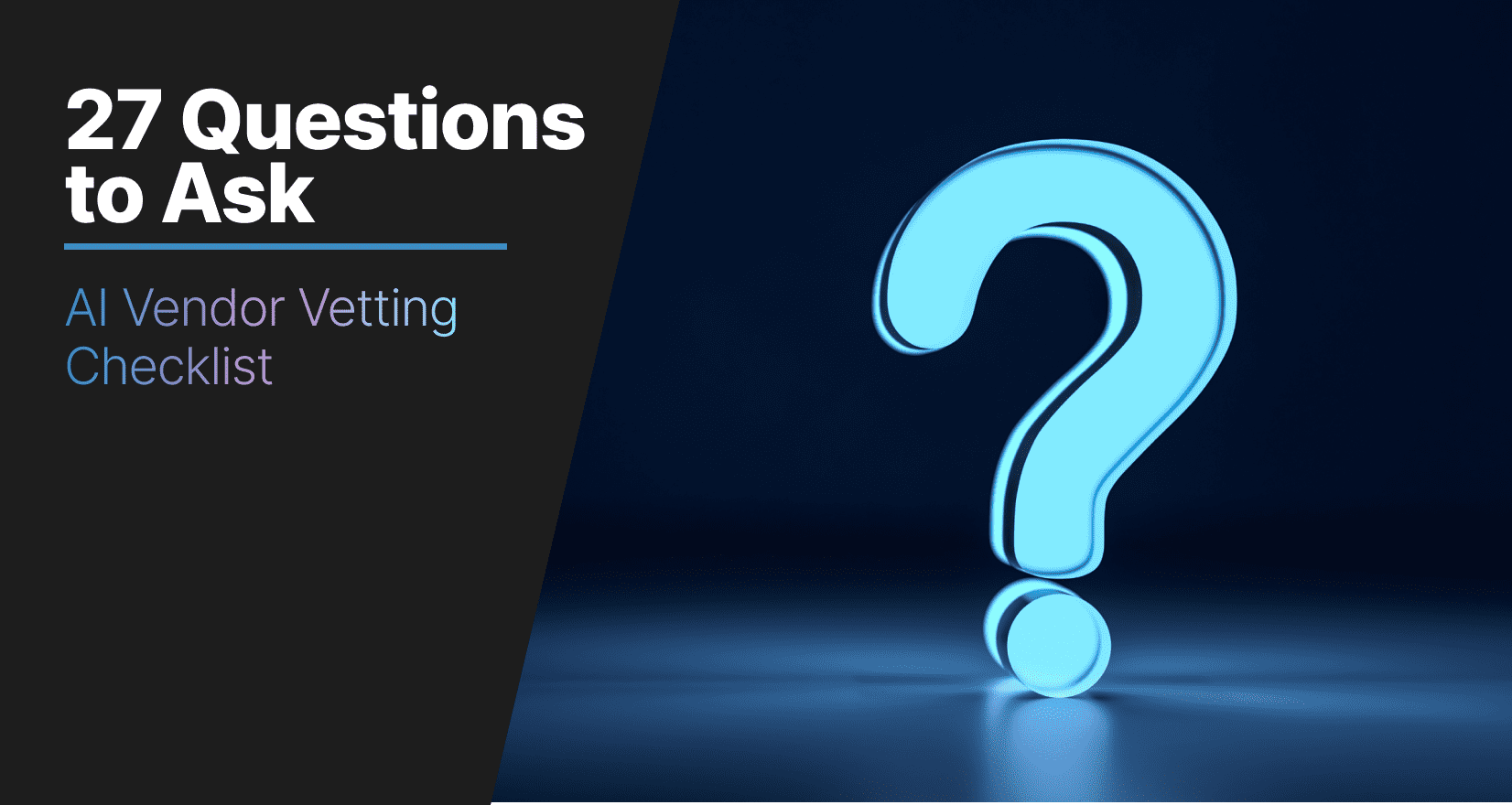
![[Byte Sized Podcast Ep. 31] The Death of DIY Dental Marketing: Why Even Social Media Experts Are Hiring Out - ai vs - My Social Practice - A dental marketing company helping practices find new patients My Social Practice - A dental marketing company helping practices find new patients - ai vs](https://mysocialpractice.com/wp-content/uploads/2026/02/byte-sized_ep31.png)
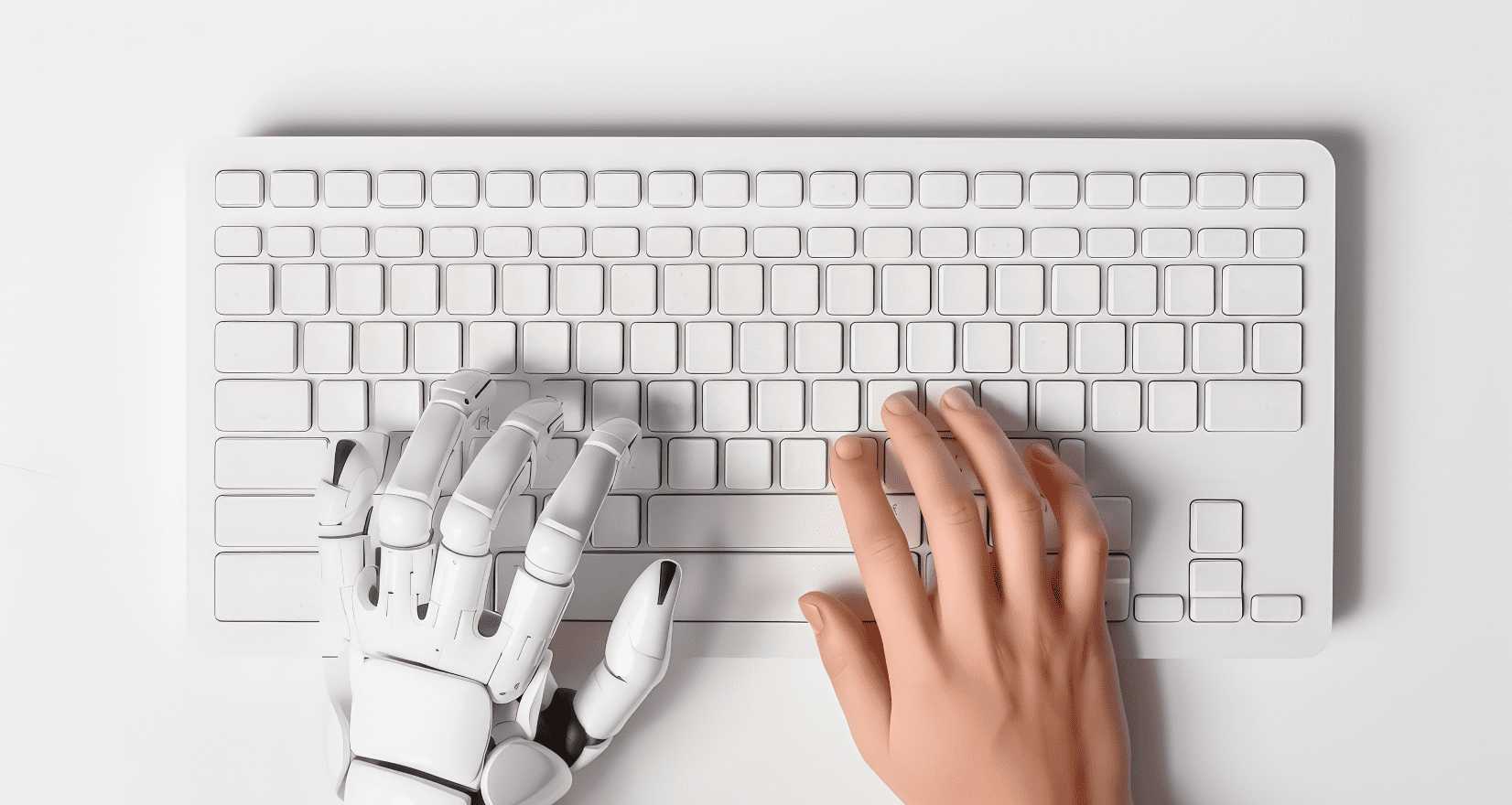
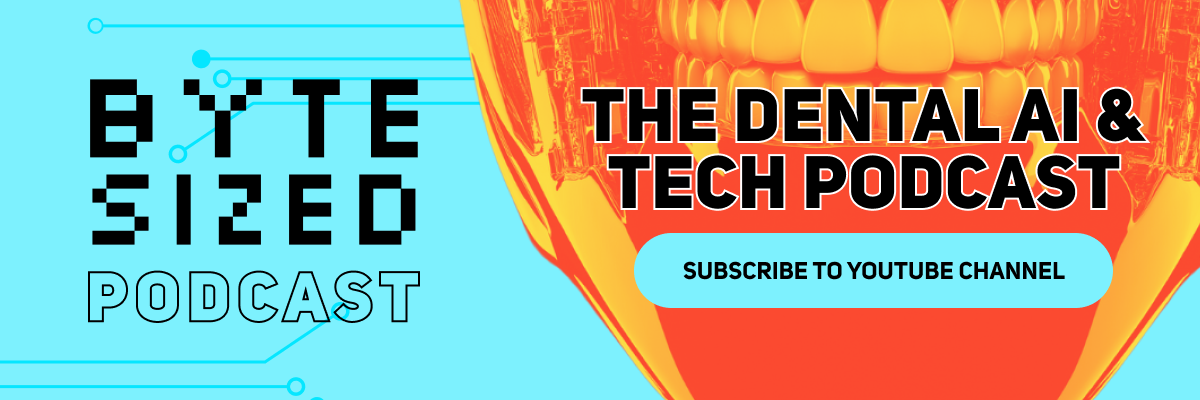



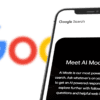

![[Byte Sized Podcast Ep. 31] The Death of DIY Dental Marketing: Why Even Social Media Experts Are Hiring Out - ai vs - My Social Practice - A dental marketing company helping practices find new patients My Social Practice - A dental marketing company helping practices find new patients - ai vs](https://mysocialpractice.com/wp-content/uploads/2026/02/byte-sized_ep31-100x100.png)

![[Byte Sized Podcast Ep. 30] AI in Dentistry: Why Brand Meaning Beats SEO in 2026 Feat. Reid Holmes - ai vs - My Social Practice - A dental marketing company helping practices find new patients AI search, AI in dentistry](https://mysocialpractice.com/wp-content/uploads/2026/02/byte-sized_ep30-100x100.png)